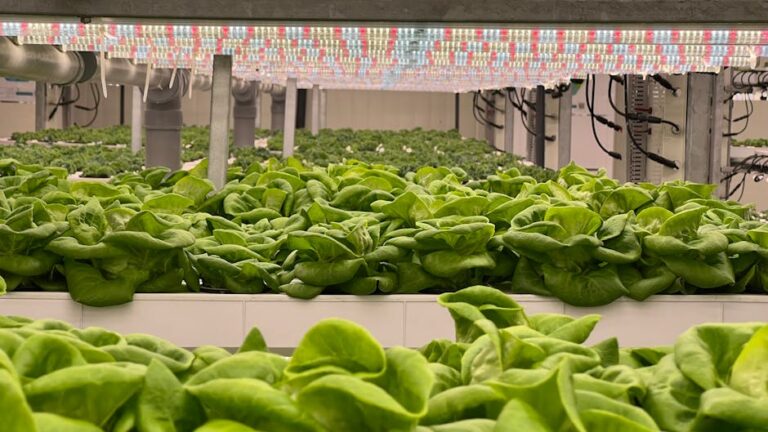
The rise of green technology in Africa is more than a trend it’s a movement reshaping the continent’s future. As countries grapple with climate change and energy scarcity, green technology innovations are paving the way for a sustainable future.
From solar power to eco-friendly agriculture, Africa is proving that necessity drives innovation, and the results are inspiring. Honestly, it’s hard not to feel hopeful when you see how communities are transforming through these advancements.
Why Green Technology Matters for Africa
For Africa, green technology isn’t just about reducing emissions it’s about survival. The continent is one of the most vulnerable to climate change, with extreme weather, droughts, and deforestation threatening livelihoods daily.
At the same time, energy poverty remains a critical issue, with over 600 million people lacking access to electricity.
But here’s the thing: green tech offers a dual solution. By harnessing renewable energy and sustainable practices, Africa can tackle these challenges head-on while creating jobs and boosting economies. It’s not just about adapting to the future it’s about building it.
Solar Power: Lighting Up Communities
If there’s one thing Africa has in abundance, it’s sunlight. Solar power has emerged as a beacon of hope for rural and urban areas alike. Take M-KOPA in East Africa, for example. This company provides solar-powered kits to off-grid households, enabling families to light their homes, charge phones, and even power small appliances all for less than the cost of kerosene.
Thanks to solar technology, they now save money while living in a cleaner and safer environment. That’s not just technology, that’s transformation.
- Impact: Over 1.2 million households powered by M-KOPA alone.
- Bonus: Solar microgrids are helping schools and clinics operate in remote areas.
- Example: South Africa’s *Kathu Solar Park* is one of the largest concentrated solar plants in the world.
Eco-Friendly Agriculture: Feeding the Future
A farmer in Ghana using a drip irrigation system powered by solar energy. It was a game-changer for him, his crops thrived despite a tough dry season. This is just one example of how green technology is revolutionizing agriculture in Africa.
Startups like Hello Tractor, dubbed “Uber for Tractors,” connect small-scale farmers with machinery to improve productivity while minimizing environmental impact.
Similarly, innovations in organic fertilizers and vertical farming are helping reduce deforestation and soil degradation.
- Key Benefits: Increased food security and reduced carbon footprint.
- Major Players: Companies like Twiga Foods and FarmCrowdy are leading the charge.
- Fun Fact: Rwanda’s greenhouses use AI to monitor and optimize crop growth.
Green Energy for Urban Centers
Cities across Africa are also getting a green makeover. In Kigali, Rwanda, electric buses powered by renewable energy are replacing diesel counterparts, reducing urban air pollution.
And in Lagos, Nigeria, innovative waste-to-energy plants are transforming trash into electricity, addressing both waste management and power shortages in one go.
It’s not just the big cities, though. Even smaller towns are embracing wind farms and biogas systems, showing that green technology is accessible at all levels.
This feels like the start of something much bigger a domino effect that could reshape how cities function.
Challenges and the Road Ahead
Of course, it’s not all smooth sailing. High costs, lack of infrastructure, and limited awareness often slow the adoption of green technologies. But there’s a growing wave of collaboration between governments, private investors, and local communities that’s breaking down these barriers.
- Projects like the African Development Bank’s Green Bond Program are financing renewable energy projects.
- Grassroots campaigns are educating communities about sustainable practices.
- International partnerships are bringing in expertise and resources to scale up solutions.
Discover more from Amebo Media
Subscribe now to keep reading and get access to the full archive.




